This website uses cookies so that we can provide you with the best user experience possible. Cookie information is stored in your browser and performs functions such as recognising you when you return to our website and helping our team to understand which sections of the website you find most interesting and useful.
Interview: Ben Goldsmith on philanthropy, environment conservation and travelling sustainably
By Shivani Dubey | 19 July 2024 | Philanthropy, Travel, Wealth
Tempus sits down with British philanthropist and environmentalist Ben Goldsmith to talk about the Conservation Collective and how high net worth individuals can travel sustainably
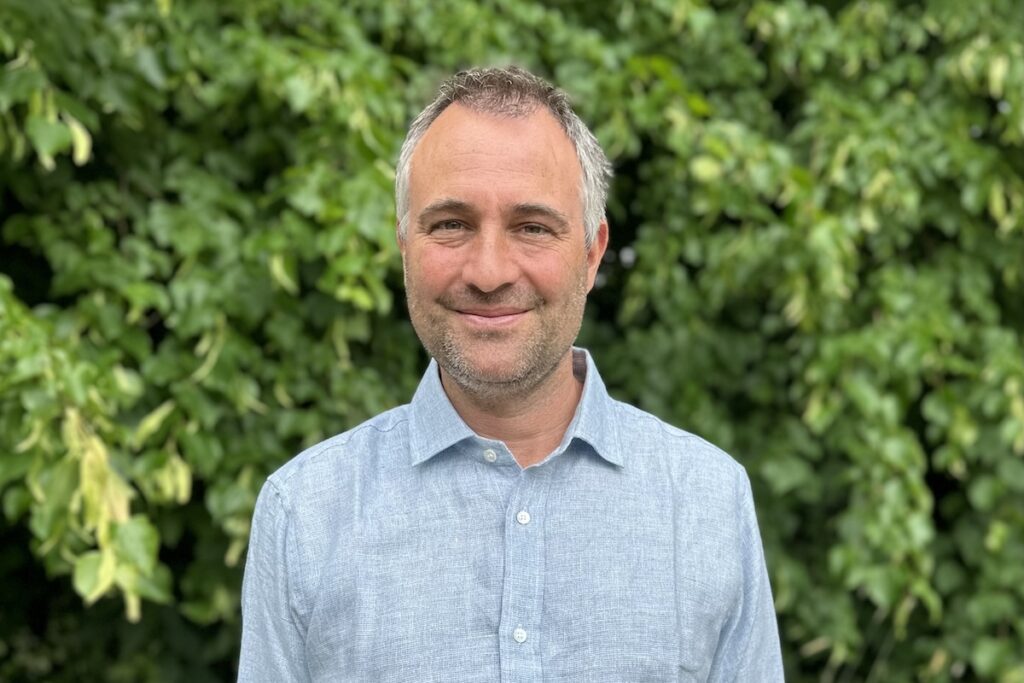 Ben Goldsmith has always been an environmentalist. The British financier has, since 2001, been actively involved in this field — whether it is engaging in environmental philanthropy or founding organisations like the Conservation Collective that can bridge the gap between conservation and the high net worth community.
Ben Goldsmith has always been an environmentalist. The British financier has, since 2001, been actively involved in this field — whether it is engaging in environmental philanthropy or founding organisations like the Conservation Collective that can bridge the gap between conservation and the high net worth community.
Ben has a long history of being a staunch campaigner of nature and is at the forefront of rewilding initiatives in the UK — something that has got him into hot water with politicians and farming leaders over the years. He is also the CEO of Menhaden, a sustainability themed investment company and has served the UK Government’s Department of Food, Environment and Rural Affairs. His uncle, Teddy Goldsmith, even co-founded the Green Party.
Ben founded the Conservation Collective in 2008 — a global network of local environment foundations rooted in their communities working to protect the environment, restore nature and safeguard against climate change. Through this organisation, Ben is hoping to inspire discussions among high net worth individuals (HNWIs) about the crucial role they can play in environment conservation.
Here, we catch up with Ben Goldsmith to talk about the Conservation Collective, his work in green investing, and how HNWIs can travel sustainably.
Related: Chef Vanessa Marx on sustainable cooking, South African cuisine and her comfort favourites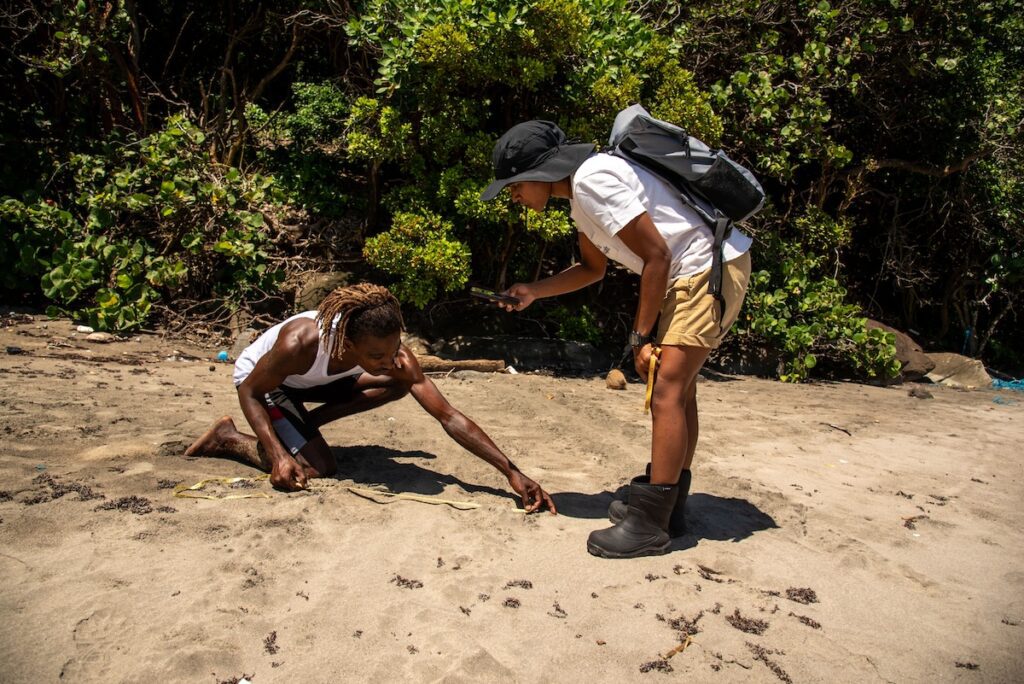 Why did you start the Conservation Collective?
Why did you start the Conservation Collective?
I’ve always been a big nature lover. And I’ve noticed how important it is to provide fuel to organisations and individuals that are working to save and restore nature — yet, very few people do it. What we figured is that if you make it possible for people to give their time and their money towards rebuilding nature, in a place with which they have a strong personal connection, they’re much more likely to do it.
We think that environmental issues seem abstract to people and intangible and difficult to engage with. But if you make it local — for example, if you’re from Devon, and you love Devon, and you’re given the opportunity to engage in the restoration of nature in Devon, it’s quite a compelling opportunity.
What do you hope to achieve with the Conservation Collective?
In any place that you care to visit, there are people behind the curtain you might not ordinarily see, working really hard to do great things to restore nature. So the idea of the Conservation Collective is to pull money directly to support grassroots environmental initiatives to create a cascade of environmental restoration in the places where we’ve created foundations.
I’d say we’re among the most effective sources of funding and support for environmental efforts in each of those places. And that’s partly because we get money to the grassroots. And we don’t just write a big check to a big global organisation like WWF, we’re giving our average grant sizes of 12,000 euros to grassroots initiatives. And that’s what we want to do.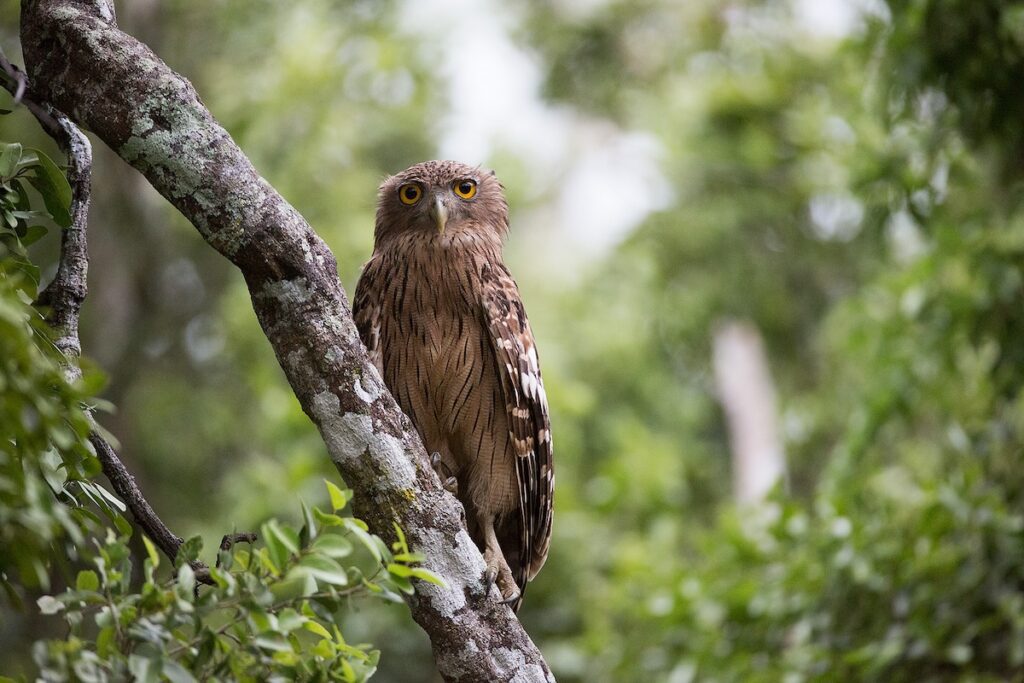 What made you want to pivot to green investing?
What made you want to pivot to green investing?
Entirely separately from the Conservation Collective, I work in investment management with the government through a stockbroking firm. And I only wanted to be investing in a way that was green slanted. So I want to make it possible for investors to put their money in a fund with the understanding that there are shades of green — there is no easy answer with any industry — but that their money will be invested at the green end of that spectrum. I have to say the thing that motivates me more than anything else is the philanthropic side of things with the conservation collective and building this network of local grassroots environmental actions.
What tips would you give to someone trying to travel sustainably this year?
I think the most important thing to do is to travel in such a way that the money you spend goes into the hands of locals who are engaged in supporting and building up their own local area. So rather than staying in a chain hotel, stay in a boutique hotel belonging to a local family community, spend money with local businesses, and participate in activities that are accretive to the local community in the local environment.
So for example, take a kayaking tour in the local protected area, but buy produce where you can from sustainable local food producers. Use local businesses, explore local niche areas, and donate to local initiatives that you happen to stumble across. Participate locally rather than just jetting in and sitting with some resorts and not engaging with the local environment or local community.
Related: How The Conduit’s new rooftop restaurant Rucola is making luxury sustainable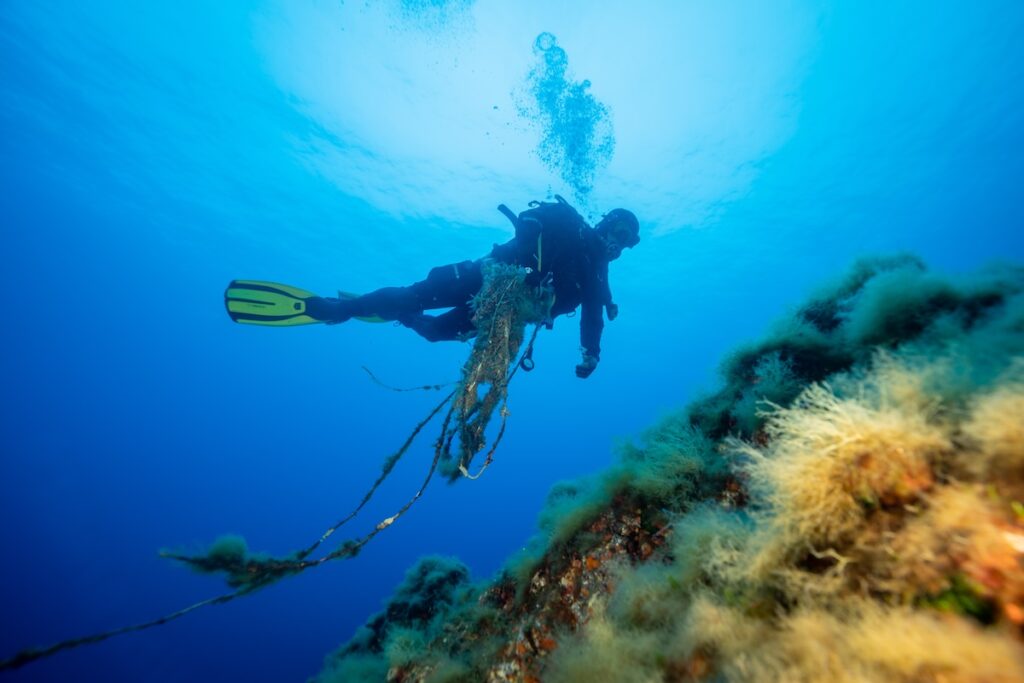 What are the small things people can do in their everyday lives to live or travel sustainably?
What are the small things people can do in their everyday lives to live or travel sustainably?
I think it’s mindfulness around how we spend our money. And I don’t mean being puritanical — just being gently mindful about what we buy. Everyday, we spend money on food and other consumer goods, travel and entertainment experiences. And all of that has some kind of impact on the natural world around us. And I think just a little bit more mindfulness and how we spend our money can make a massive difference. Also, giving a regular monthly standing order of whatever amount to an environmental organisation that you admire makes a huge difference.
If someone wants to get involved with the Conservation Collective, how can they do so?
People can get involved through regular donations or volunteering time. But we are very local by nature. So unless you have a connection with one of the places in which we have a foundation, the best thing you can do is to help us set up a foundation in the place that you love.
How and why do you think people — especially high net worth individuals — can help with environmental conservation?
Again, I think it’s mindfulness around how they spend their money, because obviously, they spend more of it, and therefore they have more of a ripple effect in the natural environment. And it’s a really good thing to distribute that towards making the world change in the way you think it should change. Also, engaging in thoughtful, generous philanthropy, preferably in the area of environmental restoration, being involved in restoration of land, etc. 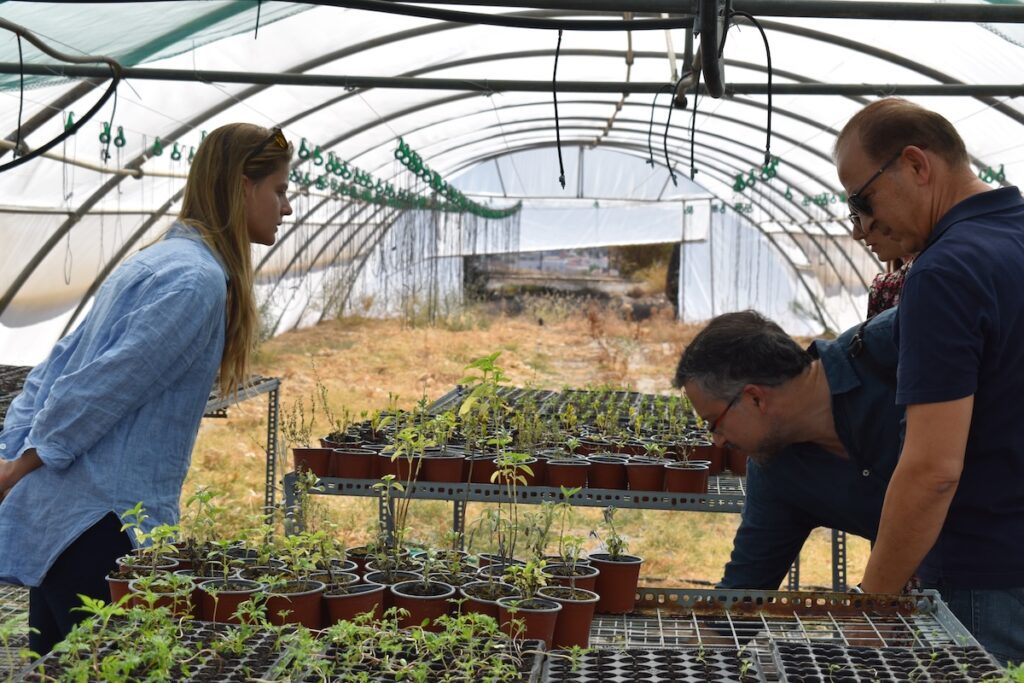 Are you noticing trends in how people travel? For instance, we saw a rise in private jet use post-covid. But is this something that can be used responsibly? Or are there any other ways to travel that allow similar privacy and accessibility benefits?
Are you noticing trends in how people travel? For instance, we saw a rise in private jet use post-covid. But is this something that can be used responsibly? Or are there any other ways to travel that allow similar privacy and accessibility benefits?
I think people are way more likely now to want a more unique experience than perhaps might have been true in the past. Now, there is a growing trend for wanting to see places off the beaten track, to be more immersed in local nature, and engaged in local food, local economic activities, and so on. People want more bespoke activities. I think the younger generations have a better view of what travelling really is. That, for me, I think is the biggest change that we’re seeing.
How can HNWIs bring about positive environmental change to places they love to visit frequently?
They can spend some time finding out which local initiatives are worth supporting and leave some money. And what we have found in the Conservation Collective experience is that you could choose to go anywhere in the world, but if you look behind the curtain, you’ll find some brilliant people doing amazing things on a shoestring budget. So even a modest donation can turbocharge their work. And I think that is the unique privilege of people who are, by definition, high net worth — to be able to find those organisations and give them money. The problem is many people don’t have the time nor the inclination or the experience to do that. That’s why we’ve set up this conservation lens. So we’d love it if HNWIs reading this would look into the Conservation Collective, and when they’re next in one of the places where we have a local foundation, that they will reach out and maybe visit one of our workshops.
Read more interviews with Tempus here, and subscribe to our weekly newsletter, the Tempus Edit, here to know more about the Conservation Collective and get exclusive perks from the world of high luxury.







